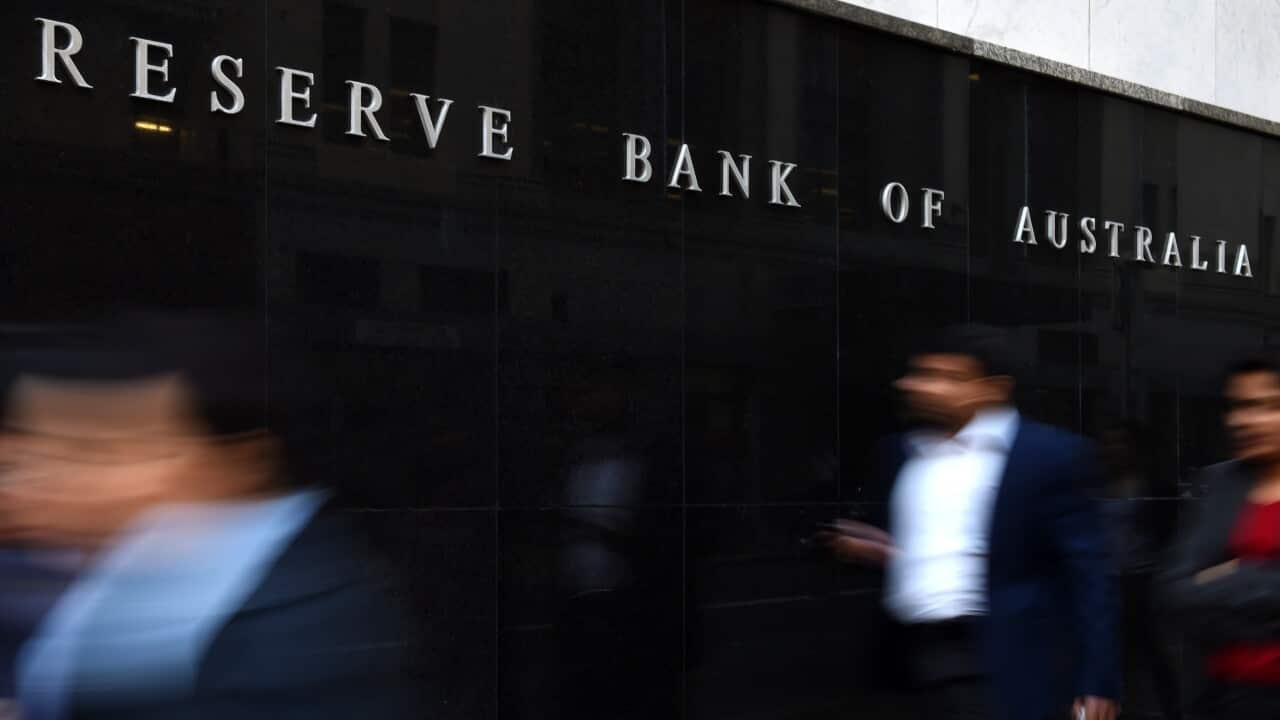Foreign Minister Penny Wong has called for an easing of tensions between Beijing and Washington after US House Speaker Nancy Pelosi landed in Taiwan.
Senator Wong called for a calm between the two countries in the wake of the trip.
"All parties should consider how they best contribute to de-escalating the current tensions, and we all want peace and stability in the Taiwan Strait," she told ABC Radio on Wednesday.
"We do have a situation where we see rhetoric increasing and we see military hardware being deployed."
Senator Wong said the situation was "very concerning", particularly for those living in Taiwan.
The foreign minister reiterated Australia's support for a one China policy, where Taiwan is not recognised as a country and that the government in Beijing is the only Chinese government.
"Australia has a bipartisan one China policy, and we have a bipartisan of that, discouraging unilateral changes to the status quo," she said.
"We should continue with others in the region to urge the maintenance of peace and stability in the region."
Ms Pelosi has says the trip is intended to express US solidarity with the Chinese-claimed island, the first such visit in 25 years.
Ms Pelosi and her delegation disembarked from a US Air Force transport plan at Songshan Airport in downtown Taipei and were greeted by Taiwan's foreign minister, Joseph Wu and Sandra Oudkirk, the top US representative in Taiwan.
"Our congressional delegation's visit to Taiwan honours America's unwavering commitment to supporting Taiwan's vibrant democracy," Ms Pelosi said in a statement shortly after landing.
"America's solidarity with the 23 million people of Taiwan is more important today than ever, as the world faces a choice between autocracy and democracy."
China immediately condemned Ms Pelosi's visit, with the foreign ministry saying it seriously damages peace and stability in the Taiwan Strait, "has a severe impact on the political foundation of China-US relations and seriously infringes upon China's sovereignty and territorial integrity."
The ministry said it had lodged a strong protest with the United States. Chinese warplanes buzzed the line dividing the Taiwan Strait on Tuesday before her arrival, and Chinese state media said the People's Liberation Army would hold exercises near Taiwan from Thursday through Sunday.
Ms Pelosi, who is second in the line of succession to the US presidency and a long-time critic of China, was on a tour of Asia that includes announced visits to Singapore, Malaysia, South Korea and Japan.
Her stop in Taiwan had not been announced but had been widely anticipated. In a Washington Post opinion piece released shortly after she landed, Ms Pelosi outlined her reasons for visiting, praising Taiwan's commitment to democratic government while criticising China as having dramatically increased tensions with Taiwan in recent years.
"We cannot stand by as the CCP proceeds to threaten Taiwan - and democracy itself," Ms Pelosi said, referring to the Chinese Communist Party.
Ms Pelosi also cited China's "brutal crackdown" against political dissent in Hong Kong as well as its treatment of Muslim Uighurs and other minorities, which the US government has deemed genocide.
Chinese Foreign Minister Wang Yi said earlier on Tuesday that US politicians who "play with fire" on the Taiwan issue will "come to no good end".
White House national security spokesman John Kirby said after Pelosi's arrival that the US "is not going to be intimidated" by threats or bellicose rhetoric from China.
Mr Kirby said the visit is not a violation of either any sovereignty issues or the longstanding "one-China policy".
"There's no reason for this visit to become a spurring event for a crisis or conflict," Mr Kirby added.
Taiwan's presidential office said President Tsai Ing-wen will meet with Ms Pelosi on Wednesday morning and would have lunch with her.
Four sources said she was also scheduled on Wednesday afternoon to meet a group of activists who are outspoken about China's human rights record.
Ms Pelosi, 82, is a close ally of US President Joe Biden, both being members of the Democratic Party, and has been a key figure in guiding his legislative agenda through the US Congress.
On Tuesday night, Taiwan's tallest building, Taipei 101, lit up with messages including: "Welcome to Taiwan", "Speaker Pelosi", "Taiwan (heart) USA".
China views visits by US officials to Taiwan as sending an encouraging signal to the pro-independence camp on the democratic, self-governed island.
China considers Taiwan to be part of its territory and has never renounced using force to bring the island under its control.
Taiwan rejects China's sovereignty claims and says only its people can decide the island's future.
The United States has no official diplomatic relations with Taiwan but is bound by US law to provide the island with the means to defend itself.












